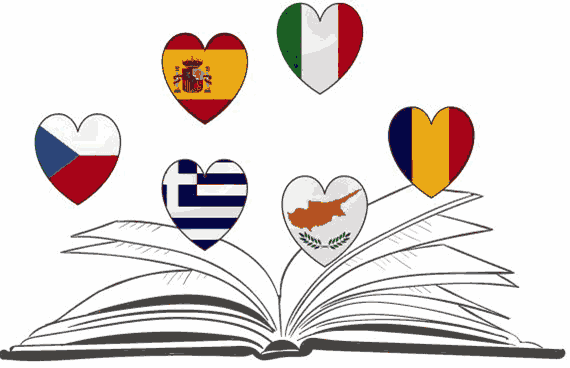Full metadata record
| DC Field | Value | Language |
|---|---|---|
| dc.contributor.author | Calderón de la Barca, Pedro | - |
| dc.date.accessioned | 2022-07-19T03:10:38Z | - |
| dc.date.available | 2022-07-19T03:10:38Z | - |
| dc.date.issued | 2004 | - |
| dc.identifier.uri | https://tlor.svkos.cz/handle/123456789/706 | - |
| dc.description.abstract | Saint Patrick was a fifth-century Romano-British Christian missionary and bishop in Ireland. Known as the "Apostle of Ireland", he is the primary patron saint of Ireland, along with saints Brigit of Kildare and Columba. He is venerated in the Roman Catholic Church, the Lutheran Churches, Anglican Communion, the Old Catholic Church and in the Eastern Orthodox Church as equal-to-the-apostles and Enlightener of Ireland. The dates of Patrick's life cannot be fixed with certainty, but there is broad agreement that he was active as a missionary in Ireland during the second half of the 5th century. Early medieval tradition credits him with being the first bishop of Armagh and Primate of Ireland, and they regard him as the founder of Christianity in Ireland, converting a society practising a form of Celtic polytheism. He has been generally so regarded ever since, despite evidence of some earlier Christian presence in Ireland. According to the Confessio of Patrick, when he was about 16, he was captured by Irish pirates from his home in Britain and taken as a slave to Ireland, looking after animals; he lived there for six years before escaping and returning to his family. After becoming a cleric, he returned to northern and western Ireland. In later life, he served as a bishop, but little is known about the places where he worked. By the seventh century, he had already come to be revered as the patron saint of Ireland. Saint Patrick's Day is observed on 17 March, the supposed date of his death. It is celebrated inside and outside Ireland as a religious and cultural holiday. In the dioceses of Ireland, it is both a solemnity and a holy day of obligation; it is also a celebration of Ireland itself. Patrick was born in Roman Britain. Calpurnius, his father, was a decurion and deacon, his grandfather Potitus a priest, from Banna Venta Berniae, a location otherwise unknown, though identified in one tradition as Glannoventa, modern Ravenglass in Cumbria, in what is now England; claims have been advanced for locations in both present-day Scotland and Wales. Patrick, however, was not an active believer. According to the Confession of Saint Patrick, at the age of sixteen he was captured by a group of Irish pirates. They took him to Ireland where he was enslaved and held captive for six years. Patrick writes in the Confession that the time he spent in captivity was critical to his spiritual development. He explains that the Lord had mercy on his youth and ignorance, and afforded him the opportunity to be forgiven of his sins and converted to Christianity. While in captivity, he worked as a shepherd and strengthened his relationship with God through prayer, eventually leading him to convert to Christianity. After six years of captivity he heard a voice telling him that he would soon go home, and then that his ship was ready. Fleeing his master, he travelled to a port, two hundred miles away, where he found a ship and with difficulty persuaded the captain to take him. After three days' sailing, they landed, presumably in Britain, and apparently all left the ship, walking for 28 days in a "wilderness" and becoming faint from hunger. After Patrick prayed for sustenance, they encountered a herd of wild boar; since this was shortly after Patrick had urged them to put their faith in God. | en_US |
| dc.language.iso | en | en_US |
| dc.publisher | Project Gutenberg | en_US |
| dc.rights | PUBLIC DOMAIN This work is in Public Domain and no exclusive intellectual property rights apply to it in the countries of this e-library project. These rights has expired or been forfeited. Anyone can copy, modify, distribute and perform the work, even for commercial purposes, all without asking a permission. Still, who would like to use this text or quote a part of it, he or she is obliged to cite its author and source. | en_US |
| dc.subject | drama | en_US |
| dc.subject | play | en_US |
| dc.subject | St. Patrick | en_US |
| dc.subject | saints | en_US |
| dc.title | The Purgatory of St. Patrick | en_US |
| dc.type | Book | en_US |
| Appears in Collections: | The Love of Reading | |
Full text to read:
| File | Description | Size | Format | |
|---|---|---|---|---|
| pg6371.mobi | Kindle version | 283.22 kB | MOBI | View/Open |
| pg6371.epub | epub version | 155.45 kB | EPUB | View/Open |
Items in The Love of Reading e-library are protected by copyright, with all rights reserved, unless otherwise indicated.

